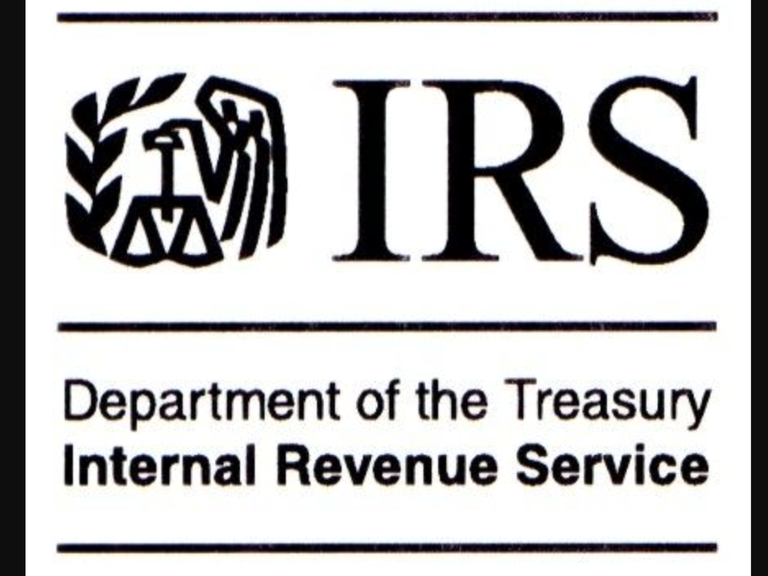If you are a coinbase customer, coinbase isn't reporting information to the IRS unless you are, what they consider, a business account. In order to be considered a business account, you must meet certain criteria. It seems like coinbase makes that decision, on whether you're a business account or not. You'd have to do things like handle payments from a website and then transfer it straight to coinbase and your account would have to be over a certain threshold. One valuable piece of advice is that you shouldn't transfer bitcoin directly to coinbase from any website or exchange, instead use another crypto-wallet to transfer bitcoin to coinbase and keep your activity hidden.
Also, in regards to the 'John Doe Summons' case, it was approved by a judge or a court, sometime during the end of 2016. Since then, it was stagnant and no further actions were taken. However, it drew some attention from congress and they were reviewing the matter closely. They were simply wondering what the IRS was trying to accomplish, due to the fact that the IRS filed a 'John Doe Summons.' Which basically means that the IRS filed a motion to investigate a group of individuals and not a specific person, so the motion isn't very specific, which is odd. Essentially, the IRS isn't trying to collect information on a specific person but it's focused on a group of suspicious individuals that meet a certain criteria. For example, does the group live in the US or are they of a certain age range, and so on.
This summons was going to require coinbase to deliver information on over half a million people that participated in coinbase as far back as 2013. Moreover, several of those accounts probably haven't even made a single transaction. The IRS wanted to gather a lot of private customers information, such as names, social security numbers, etc. Fortunately, congress had an issue with the IRS because it wanted to collect private and personal details from groups of US citizens. So as of now, it seems like congress is on the side of the crypto-team. Yet, congress did, in fact, give the IRS a deadline to answer further questions and provide more information, in order to narrow down the specific group of people the IRS wanted to collect information on. Luckily, the IRS failed to meet that deadline, set by congress. Now, it seems that everything is stagnant yet again.
One key note to take away from all of this is that maybe there are a few people in congress that either own bitcoin or they are being bribed to protect cryptocurrencies. Either way, it doesn't look like we're going to get taxed any time soon, which is extremely positive news. Hope you enjoyed the post, have a good one!



I want to know more, do you know i am your follower @ronaldmcatee
I am aware that you are one of my followers. Are you aware that I'm following you as well lol.......check out this link and learn more
https://www.coindesk.com/the-irs-will-present-its-digital-currency-strategy-to-congress-next-week/
Thank you. i will check it out :)